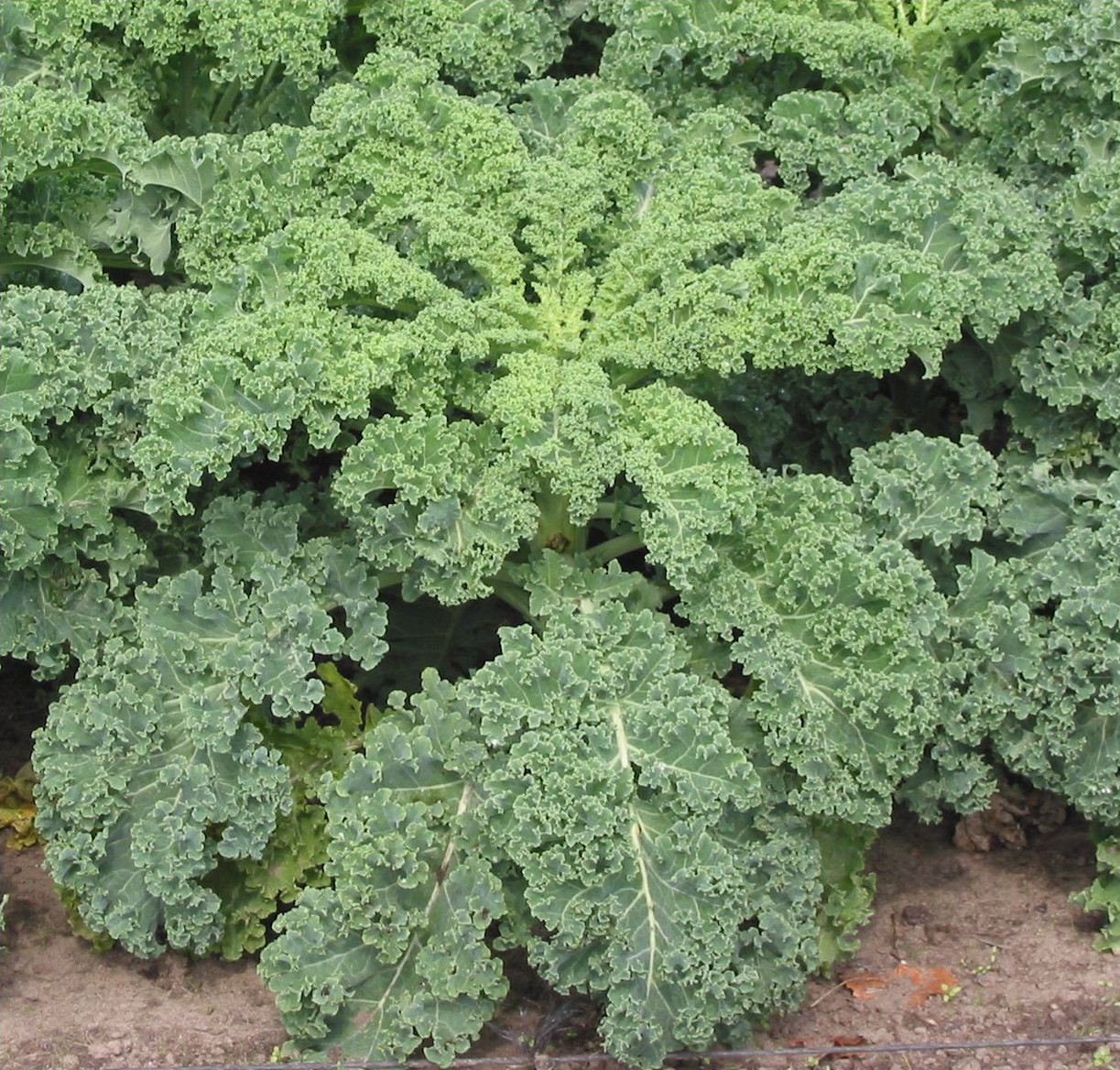Health Benefits of Kale
What are the health benefits of kale?
Kale is a nutrient-dense leafy green vegetable that offers several health benefits:
- Rich in Nutrients: Kale is loaded with vitamins and minerals, including vitamin A, vitamin C, vitamin K, calcium, and manganese. It also contains small amounts of other nutrients like iron, potassium, and magnesium.
- High in Antioxidants: Kale is rich in antioxidants, such as beta-carotene, flavonoids, and vitamin C. These antioxidants help protect the body from oxidative stress and reduce the risk of chronic diseases like heart disease and cancer, by fighting free radicals.
- Anti-Inflammatory Properties: The antioxidants and phytonutrients in kale have anti-inflammatory effects, which can help reduce inflammation in the body and lower the risk of inflammatory diseases such as arthritis.
- Heart Health: Kale contains compounds that may help lower cholesterol levels and reduce the risk of heart disease. Its high fiber content also promotes heart health by lowering blood pressure and improving cholesterol levels.
- Bone Health: Kale is an excellent source of vitamin K, which is essential for bone health and calcium absorption. Adequate vitamin K intake can help reduce the risk of osteoporosis and fractures.
- Eye Health: The lutein and zeaxanthin in kale are beneficial for eye health and may reduce the risk of age-related macular degeneration and cataracts.
- Weight Management: Kale is low in calories but high in fiber, making it a great food for weight management. The fiber content helps keep you full and satisfied, reducing overall calorie intake.
- Digestive Health: The fiber in kale promotes healthy digestion and regular bowel movements. It also supports gut health by feeding beneficial gut bacteria.
- Skin Health: The vitamin C and antioxidants in kale can help promote healthy skin by reducing oxidative damage from the sun and environmental toxins.
- Cancer Prevention: Some studies suggest that the compounds in kale may have anti-cancer properties and could help reduce the risk of certain types of cancer, although more research is needed in this area.
Overall, kale is a nutritious vegetable that can be a valuable addition to a healthy diet. It can be eaten raw in salads, sautéed, or added to soups and stews.
What are the health risks of kale?
Kale is generally considered safe for most people when consumed in moderation as part of a healthy diet. However, there are a few considerations and potential risks associated with kale consumption:
- Thyroid Function: Kale, like other cruciferous vegetables, contains compounds called goitrogens that can interfere with thyroid function in some people. However, cooking kale can help reduce the goitrogenic compounds, making it safer for those with thyroid issues.
- Digestive Issues: Some people may experience digestive issues such as gas, bloating, or stomach cramps when consuming large amounts of kale, especially raw kale. Cooking kale can help make it easier to digest.
- Kidney Stones: Kale is high in oxalates, which are compounds that can contribute to the formation of kidney stones in susceptible individuals. People prone to kidney stones may need to moderate their intake of high-oxalate foods like kale.
- Blood Clotting: Vitamin K, abundant in kale, plays a crucial role in blood clotting. While this is beneficial for most people, individuals taking blood-thinning medications like warfarin should be cautious about consuming large amounts of kale, as it can interfere with the medication’s effectiveness.
- Pesticide Residues: Conventionally grown kale may contain pesticide residues, which can be harmful to health. Washing kale thoroughly or choosing organic varieties can help reduce pesticide exposure.
- Allergic Reactions: Some individuals may be allergic to kale or other cruciferous vegetables. Allergic reactions can range from mild symptoms like itching and hives to more severe reactions like swelling of the face, tongue, or throat, which can be life-threatening in rare cases.
- Interactions with Medications: Kale contains vitamin K, which can interact with blood-thinning medications like warfarin. Individuals taking these medications should consult their healthcare provider about their kale consumption to avoid potential interactions.
Overall, kale is a nutritious vegetable that offers several health benefits. However, individuals with thyroid issues, kidney stones, or who are taking blood-thinning medications should consume kale in moderation and consult with a healthcare provider if they have any concerns.




